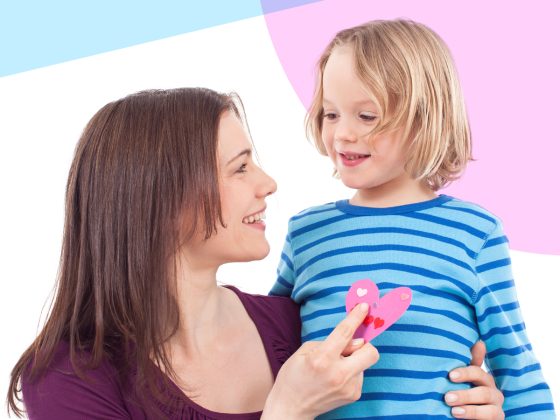
Teaching Kids About Autism
Explain autism to young children.
Kids who have never met an autistic child may find some behaviors strange or a little scary, but you can ease their concerns and encourage friendships to grow:
- You can say, “It’s okay to wonder about people who are different from you. All of us are different. Isn’t that amazing?”
- You might say, “Your brain is like the boss of your body. It’s what makes you you! [Child’s name] has autism. Their brain works differently than yours. Sometimes it is harder for them to talk, listen, play, and learn in the same way you do. But they might also be better at [drawing, reading, playing music, doing math] than other children.”
- Autistic children have ways besides talking to tell other people what they know or want. They may point to an object, repeat what someone says to them, or use sounds or pictures to communicate.
- Autistic children may also have different ways of calming down or showing that they are excited, such as by flapping their hands, rocking, or repeating noises.
- An autistic friend may not look at people or answer them right away, but that doesn’t mean they aren’t listening. The child may need more time to respond. Kids who talk to an autistic friend may need to wait a bit for an answer or repeat their words. They may need to practice patience, too.
- Children should let grown-ups know if they see someone being unkind to an autistic child.
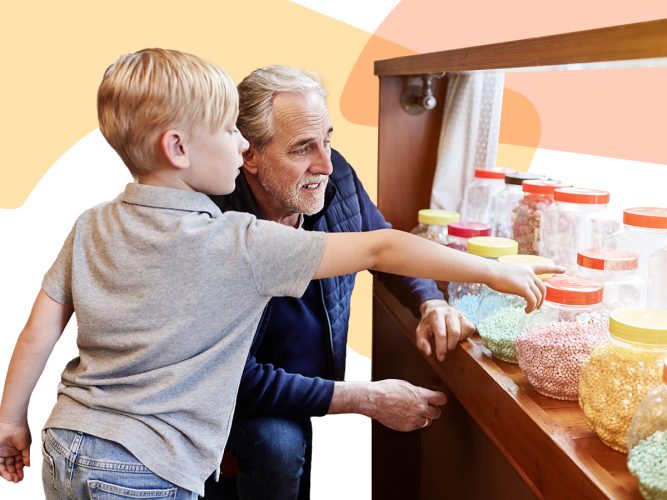
Teaching Self-Determination Skills
Try these playful activities to help your child develop important self-determination skills.

Setting and Achieving Goals
With support from a caring grown-up, autistic children can set goals, make a plan, and accomplish big things!
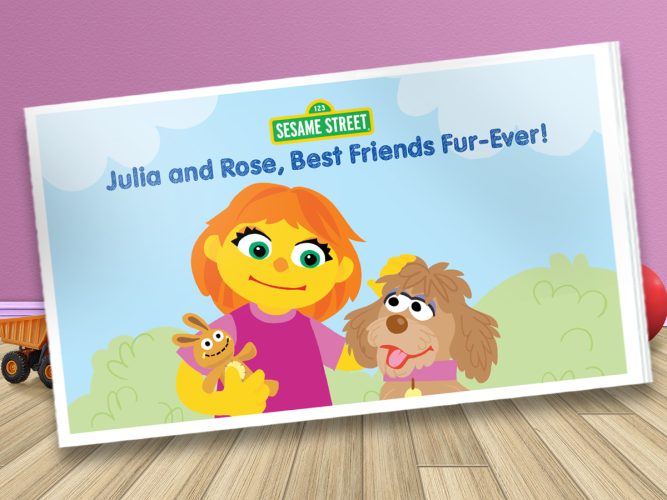
Julia and Rose – Best Friends Fur-Ever
When Julia has an idea, she sees it through… with a little help from her family. This social story for autistic children models what’s possible!
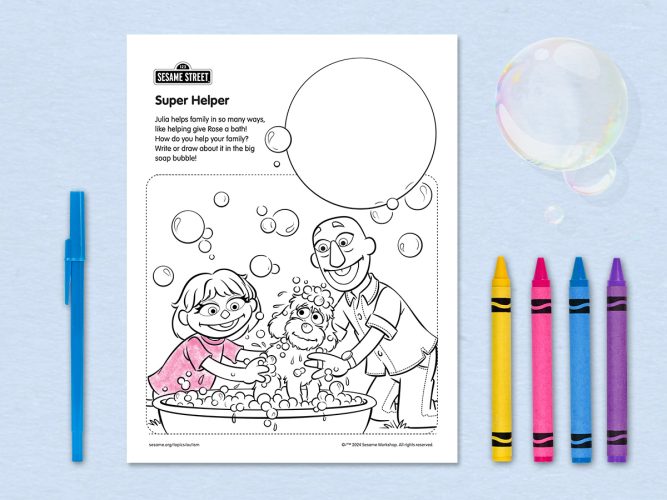
Super Helper
Finding ways to help their family can be a great way for autistic children to build skills and pursue goals.
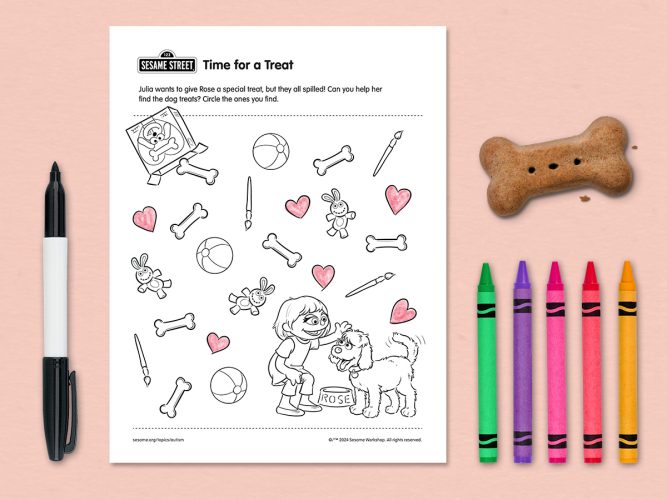
Time for a Treat
Sometimes autistic children—and all children—need a little help from others to reach their goals.
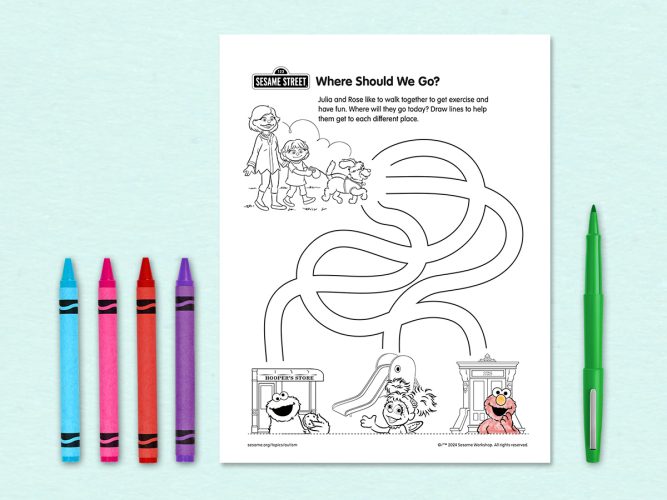
Where Should We Go?
Even taking a walk around the neighborhood can offer opportunities for autistic children to make choices—and have fun!
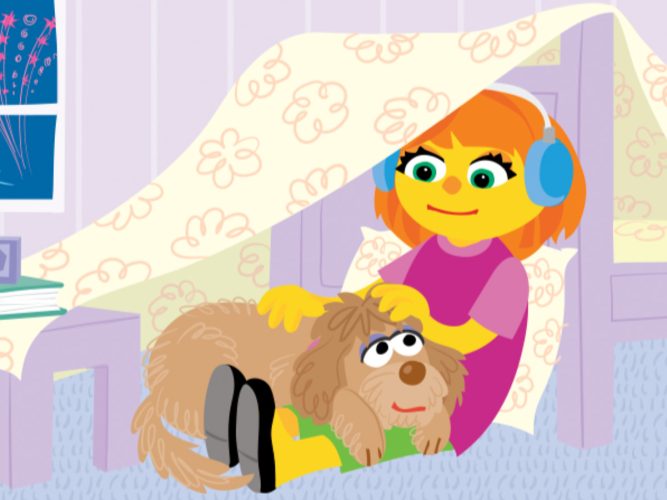
Forging Furry Friendships: How Human-Animal Interventions Can Support Autistic Children’s Well-Being
In this webinar, you’ll learn about the science of human-animal bonds and specifically how animal interventions can support autistic children’s well-being.
